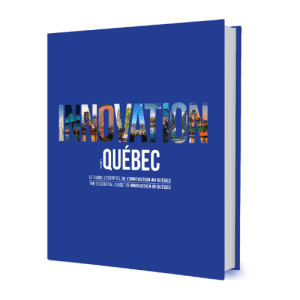Challenges in the bio-food sector are complex and exacerbated by significant threats such as climate change and social inequalities. It is critical to be concerned about the impact of our food choices on society and the environment.
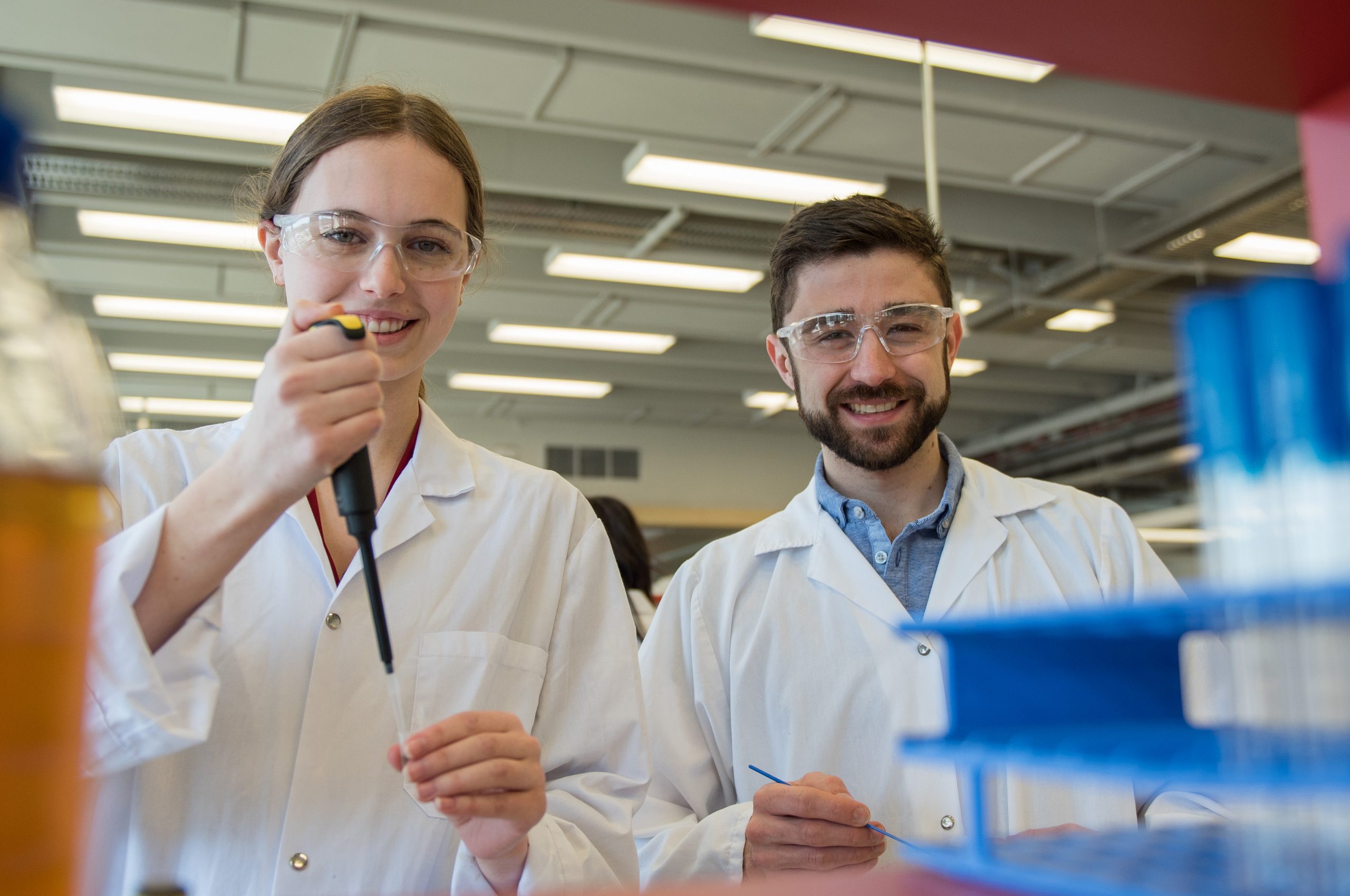
Fostering access to a healthy, varied and sustainable food while supporting the growth and innovation of a constantly evolving bio-food sector requires the development of leadingedge, collaborative and interdisciplinary research. Our scientists bring together their diverse expertise at the Institute of Nutrition and Functional Foods (INAF), thus multiplying the opportunities for a sustainable food system.
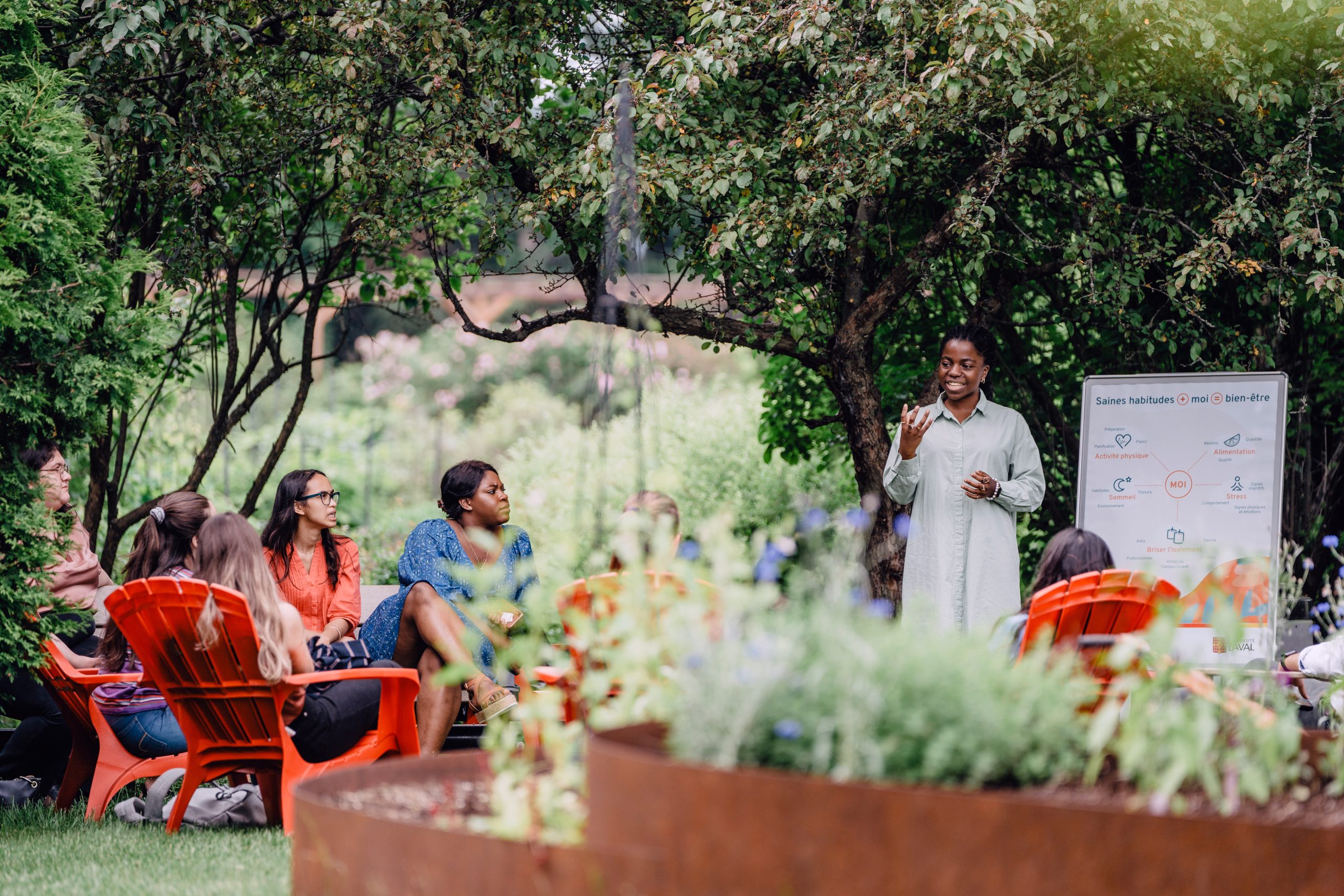
Having a strong partnership culture, the INAF works with an extensive network among stakeholders in the bio-food sector who transcend borders around projects reconciling socio-economic, environmental and public health issues. The resulting technological and social innovations benefit all actors in the food supply chain and consumers.
A Concrete Impact on the Food Ecosystem and Society
Considering the complexity of the issues, the INAF also mobilizes experts in emerging fields of research such as artificial intelligence, accelerating the advancement of knowledge and the implementation of lasting changes in our diet.
Future proteins, food safety strategies, healthy ingredients, packaging and green technologies, fight against waste, precision nutrition, new biomarkers, nutritional recommendations associated with well-being and health, and strategies to combat food insecurity are just a short list of fields in which INAF is working.
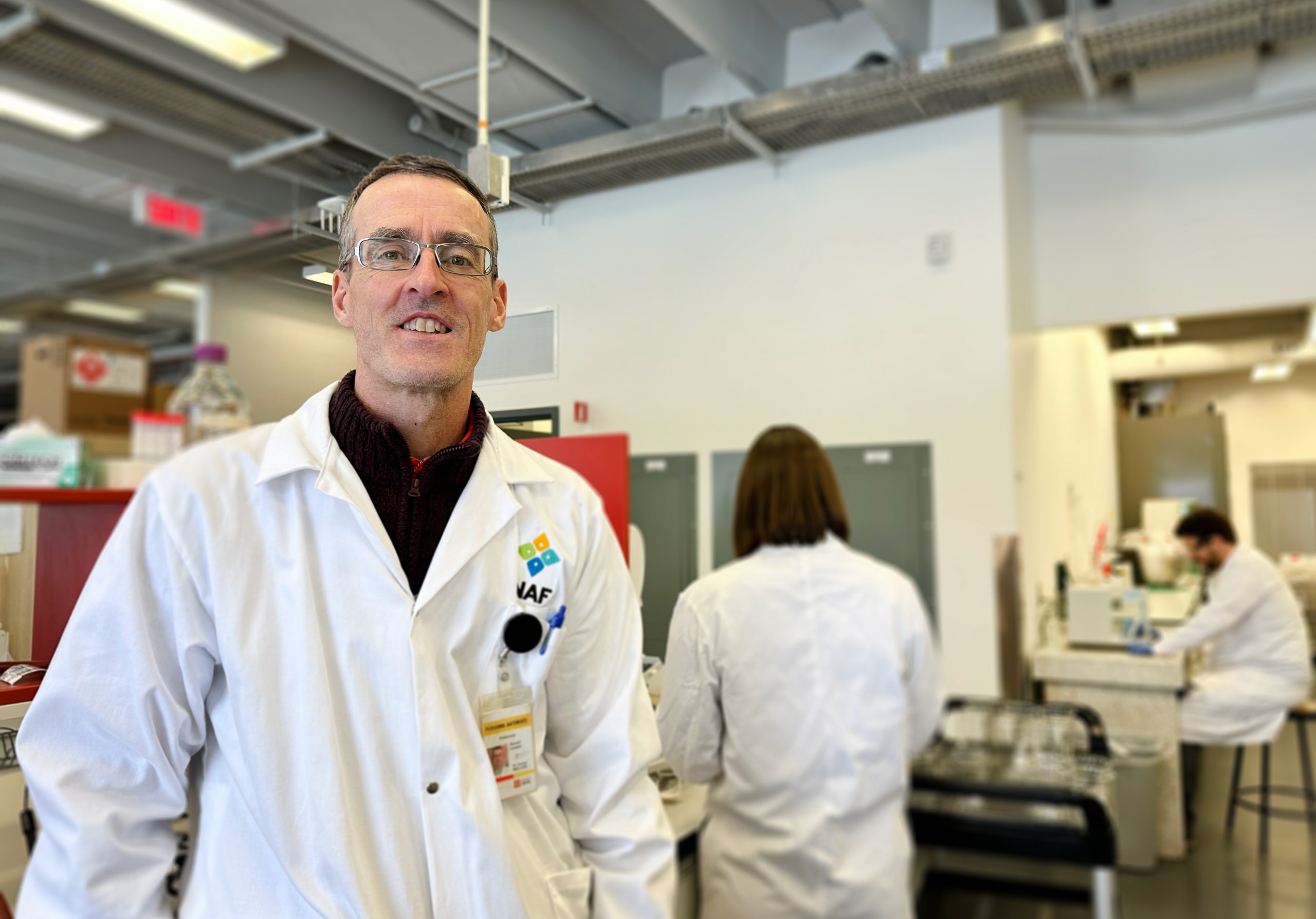
Through research work on the resilience and sustainability of food systems by considering sociocultural, environmental and political aspects of food, our scientists are just keeping on innovating to propose concrete solutions to support a healthy population and planet.
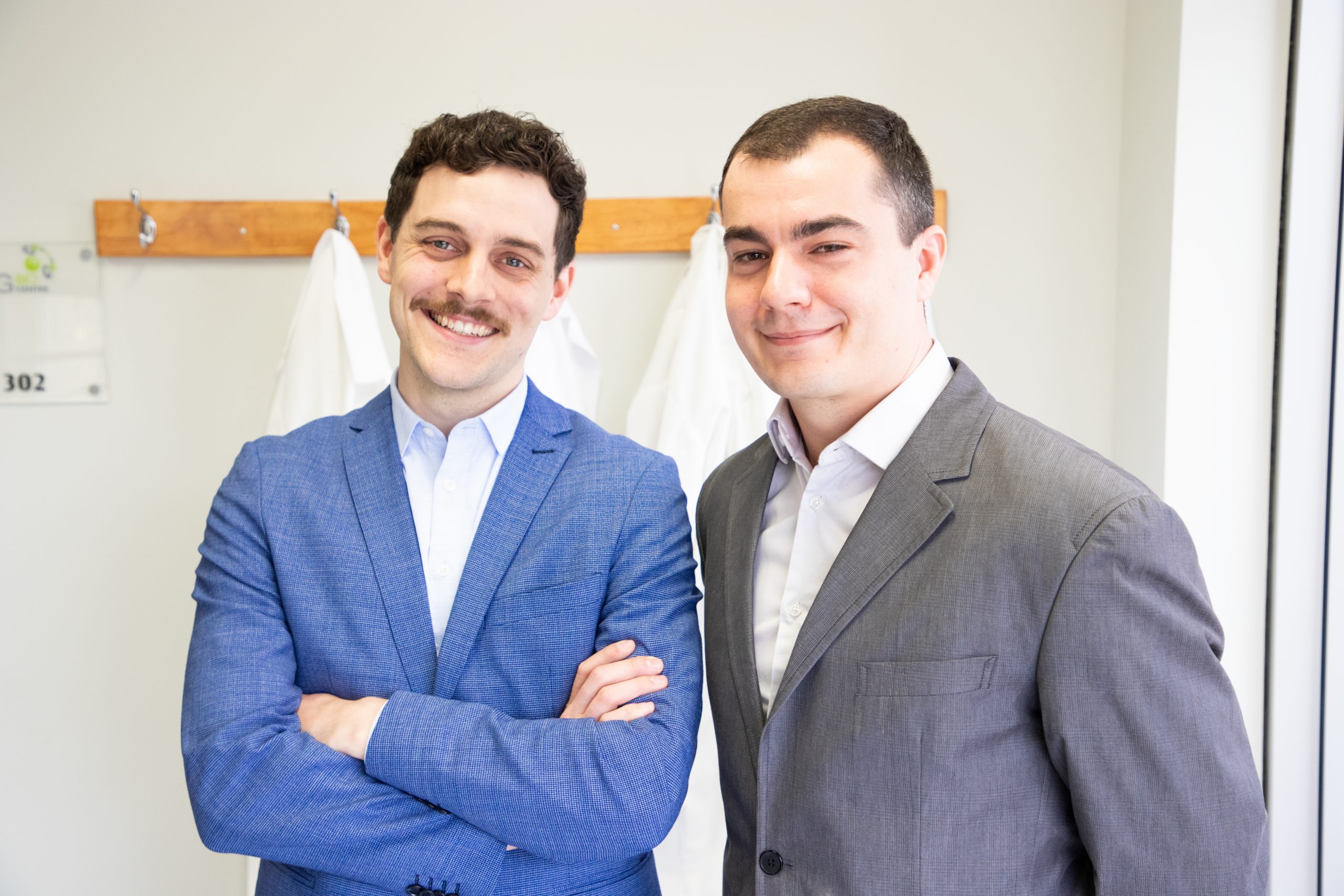
INAF is a proud institute of Université Laval, the largest grouping of researchers in Quebec and Canada dedicated to research and innovation in sustainable food.
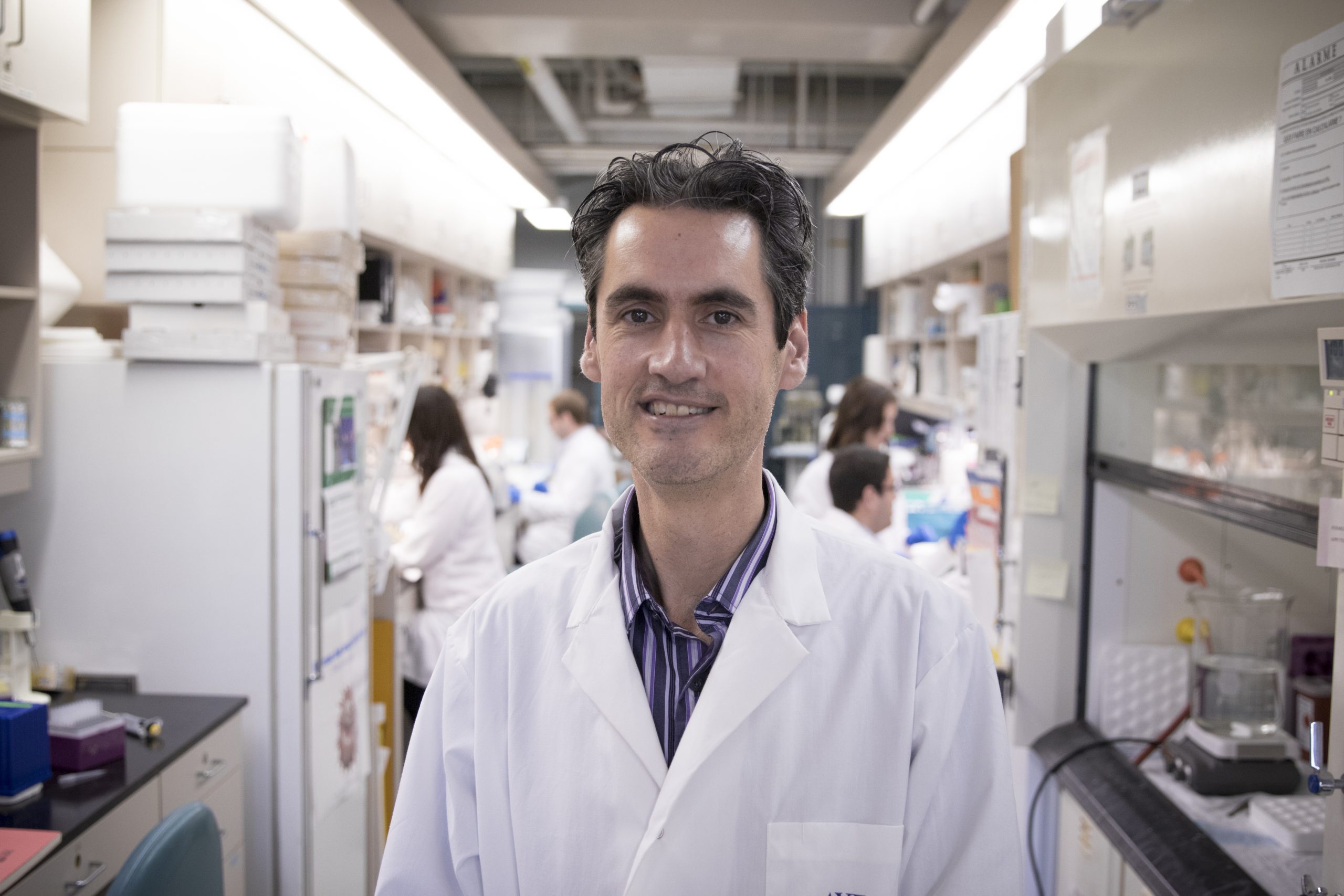
By the Numbers
130 researchers
150 research professionals
500 graduate students and postdoctoral fellows
200 collaborative partners annually
Our mission – Contributing to sustainable food supply through:
• leading-edge and innovative research,
• training of highly qualified personnel,
• transfer of knowledge and technologies,
• innovation support in industry and professional practices.

